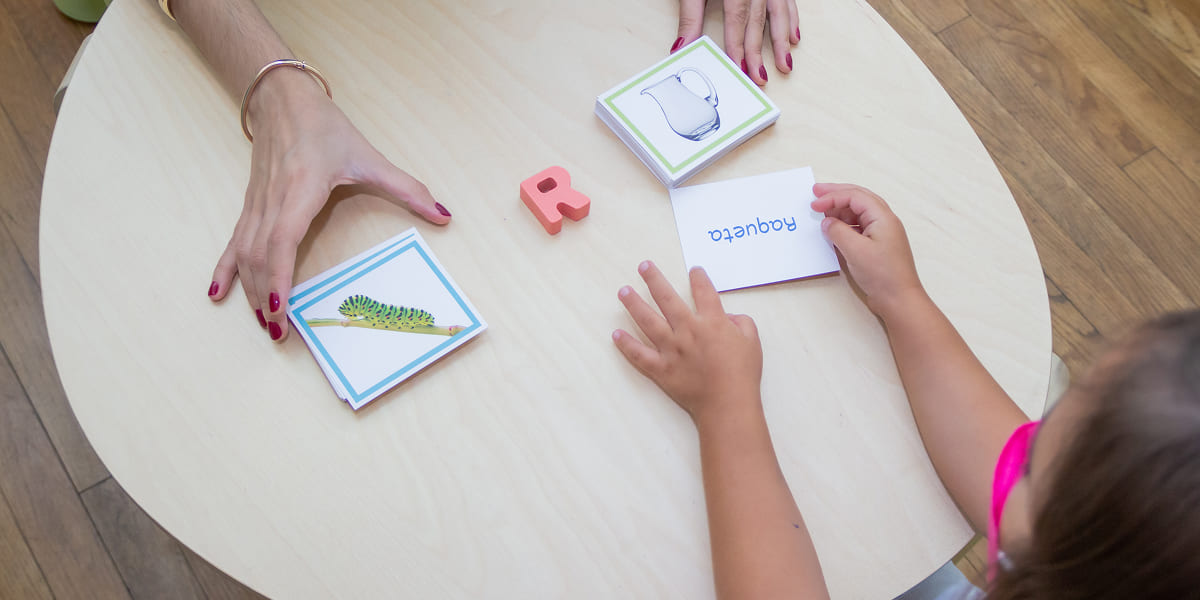Receiving your child’s autism diagnosis can be an emotional and overwhelming experience. You may feel a mix of relief, confusion, fear, or even grief for the future you once envisioned. These emotions are completely valid, but it’s important to remember—you are not alone. With the right support and resources, your child can thrive, and you will become their greatest advocate.
1. Take Time to Process
It’s natural to feel a range of emotions after the diagnosis. Allow yourself time to process this new reality, and know that your child is still the same wonderful, unique individual they were before the diagnosis.
2. Learn About Autism
Understanding autism can help you better support your child. Reliable sources such as the Autism Society, CDC, and Autism Speaks offer valuable information. Every autistic child is different, so learning about their strengths, challenges, and sensory needs will empower you to make informed decisions.
3. Find Support
Connecting with other parents who have gone through the same experience can be life-changing. Look for local or online support groups, parent training programs, and organizations that provide guidance for families. Speaking with professionals, such as a BCBA (Board Certified Behavior Analyst) or developmental pediatrician, can also help you navigate the next steps.
4. Explore Early Interventions
Early intervention is key to helping your child build communication, social, and daily living skills. Depending on their needs, your child may benefit from Applied Behavior Analysis (ABA), speech therapy, occupational therapy, or other specialized services. Speak with your child’s doctor or therapist to determine the best approach.
5. Focus on Your Child’s Strengths
Autism is not just about challenges—it’s also about unique strengths and abilities. Celebrate your child’s progress, big or small, and create a positive, supportive environment where they can learn at their own pace.
6. Advocate for Your Child
You are your child’s strongest advocate. Learn about your child’s educational rights, Individualized Education Programs (IEPs), and therapy options. Be proactive in communicating with educators and therapists to ensure your child receives the support they need.
7. Take Care of Yourself
Caring for a child with autism can be demanding, but your well-being is just as important. Find moments to rest, seek support when needed, and remember that you are doing your best. A supported parent is a stronger advocate for their child.
You Are Not Alone
An autism diagnosis is not an end—it’s the beginning of a new journey. With the right support, resources, and a compassionate approach, your child can lead a fulfilling and happy life. Take it one step at a time, and remember, your love and dedication make all the difference. 


